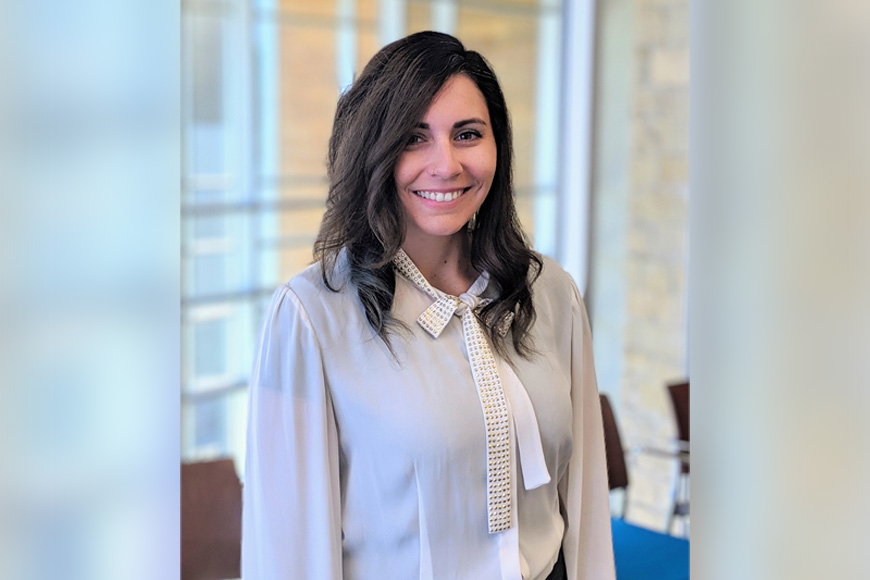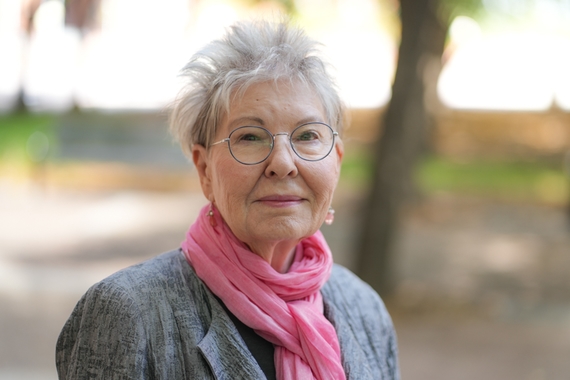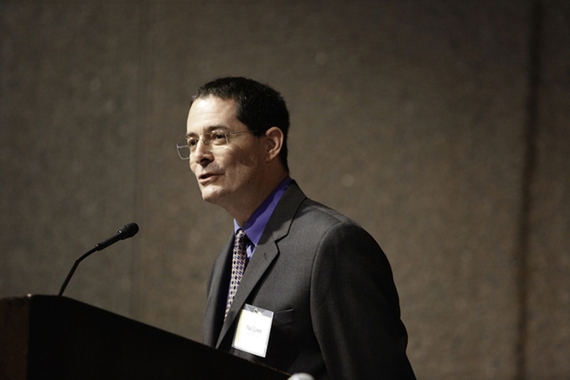Fandom Meets Scholarship: K-Dramas, Manga, and More
Study what you love, and you’ll never work another day in your life. This is certainly true for communication studies doctoral student Alexa Mayerhofer, a 90s kid who has delighted in seeing Asian pop culture’s growth in international popularity. “I chose to study something that I love,” she says, “and because of that, all the research and homework I do is fun for me.” Learn about Mayerhofer’s research and the many resources she aims to use as she applies rhetorical frameworks to Asian pop culture.
What do you study and how did you become interested in it?
In February 2022, I attended my very first regional academic conference with the Communication Department at Southern Utah University. My interests had always leaned toward pop culture; I am a 90s kid, after all. I grew up with video games and anime, and I watched as social media blossomed and overtook the internet.
The Southwest Pop Culture Conference opened my eyes to the opportunity that things most would consider “childish” could be academic. The feeling of watching someone dissect magical girls in relation to the waves of feminism or a cross-cultural analysis of Black culture in K-pop made me realize that I too could do something academic and make a difference in the world I love.
Asian pop culture has seen a dramatic growth in interest in the past decade, from anime to Chinese dramas to Korean pop music. Growing up and being ostracized for my interests is a thing of the past. Just walking through Walmart, I can find manga, anime merchandise, and K-pop CDs.
I wanted to understand how and why Asian pop culture has gained such popularity in recent years and how that impacts society, traditions, and perceptions of the audiences that consume it. Also, inversely, I wanted to understand if and how the increased popularity globally has made an impact on Asian pop culture.
What brought you to the University of Minnesota?
I chose to apply to the University of Minnesota because of its location in Minneapolis. I have access to a more diverse population to continue my research.
The University’s Center for Cognitive Sciences is a resource I plan to work with in developing my research. The work Dr. Laurie Ouellette has done in critical media and cultural studies makes her an excellent resource and mentor to work with.
Additionally, because my work involves groups of people as well as individual behaviors, I am also interested in possibly working with the sociology and psychology departments at the University of Minnesota, particularly Dr. Vanessa Lee’s work on visual and cognitive decision-making and Dr. Laura Garbes’ cultural production and sociology of race.
A researcher’s greatest ability is to use every tool available to its maximum potential. The University of Minnesota and the Department of Communication Studies have given me a space to really push my limits and grow as a researcher.
What ideas are you most interested in exploring? What problems does your work seek to address?
Currently, I have been exploring rhetorical criticism. I have been trying to see how my research in Korean dramas can be expanded through other frameworks I am less familiar with.
One thing people have asked me is, "Why did you decide to get a PhD?" For me, my answer is: "Because it is fun!" I chose to study something that I love and because of that, all the research and homework I do is fun for me. I also love to test the boundaries of how things are looked at and I find that pop culture in general is a great way to test those boundaries and experiment with knowledge production. This can be a great way to study new things and learn about different ways society functions.
Tell us about a current or recent project you've been working on.
I recently wrote a rhetorical analysis essay on the Korean drama The Glory. The extreme transnational popularity and morally questionable beginnings make The Glory a suitable artifact for rhetorical analysis of the moralization of revenge. The origin of how the show's plot was created through a morally gray question, the involvement of a bully in its creation, and the transnational popularity make it a subject worthy of analysis. The Glory allows for the audience to affectively, or emotionally, connect to the main character because of her moral grayness and ability to (un)make herself as a victim, allowing the watcher to feel as though they themselves are able to attain justice by means of “playing” violence.
This experience is shared transnationally due to the relatability of circumstances surrounding bullying and revenge. So how is it then that one form of violence is met with disdain and the other with a sense of moral justice? This analysis aimed to answer three main questions: What conditions does The Glory lay out in order for revenge/violence to be acceptable? How are characters portrayed to situate the audience to moralize revenge? How do the structures of power portrayed in the show justify and idolize revenge rhetoric?
This research has been the product of expanding my familiarity with rhetorical frameworks. This essay has been accepted into the Rhetorical Studies area of the 2024 Midwest Popular Culture/American Culture Association conference.
What's next for you? Any exciting upcoming endeavors?
I am excited to continue to explore different theoretical frameworks and understand how I can apply different approaches to studying the things I love. One thing I am looking forward to exploring is critical media studies. I also plan on starting Korean language classes next semester so that I can start to rely less on translations. I am hoping to do an intensive language program in Korea later on, when I start preparing for my dissertation.
In addition to traveling to Chicago this semester, I will also be heading to the National Communication Association Convention in New Orleans this November. There, I will present a paper on Korean dramas entitled “The Marketization of Skinship” as one of the top student papers in the Theatre, Film, and New Multi-Media Division.
Next semester I also start teaching a new class I haven't taught before but am excited to get started: COMM 1313 - Analysis of Argument. I am already thinking about projects and ways to teach this subject to hopefully make it a fun and fulfilling class for students to learn and explore the things they love in the same way I do.
This story was written by Max Pritchard, an undergraduate student in CLA.



